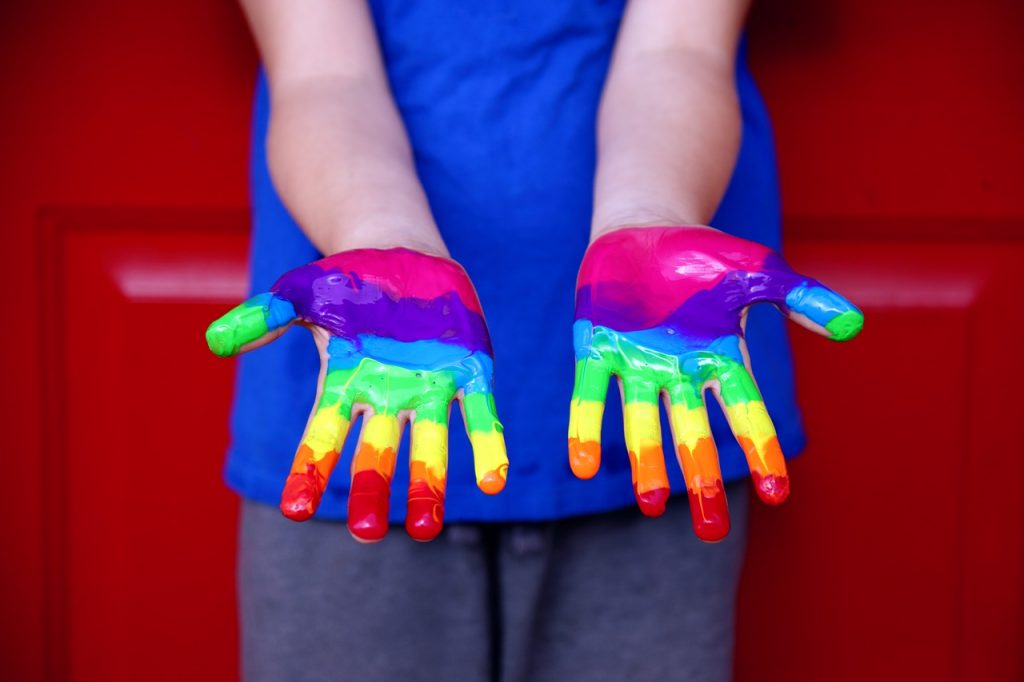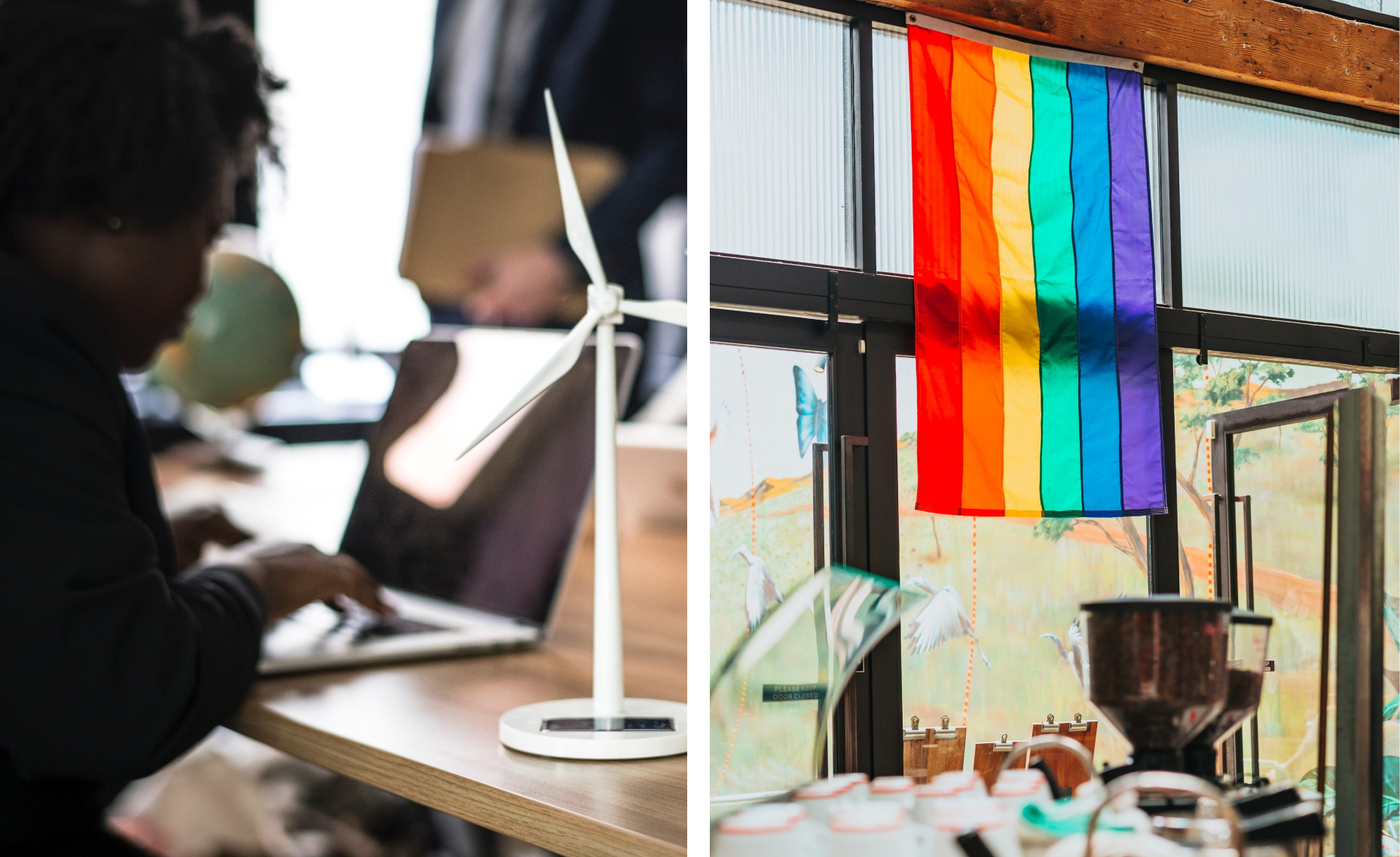Nearly seven in 10 lesbian, gay, bisexual and trans (LGBT) people report being sexually harassed at work, according to a Trade Union Congress (TUC) survey.
A report released today (May 17) indicates that 68 percent of the more than 1,000 adult LGBT workers who responded have experienced at least one type of sexual harassment at work.
This is higher among LGBT women – where one in five report they have been sexually assaulted and one in eight (12 percent) report being seriously assaulted or raped.
The true figure of sexual harassment could be higher, with two-thirds of those who were harassed not reporting it; and one in four of those who did not report the harassment being silenced by fear of ‘outing’ themselves at work.
The report’s release coincides with International Day Against Homophobia, Transphobia and Biphobia today, with the TUC calling on the government to introduce stronger legislation which places a legal duty on employers to prevent sexual harassment.
‘A Hidden Epidemic’

Image Credit: Pexels
TUC General Secretary Frances O’Grady said: “This research reveals a hidden epidemic.
“In 2019 LGBT people should be safe and supported at work. But instead they’re experiencing shockingly high levels of sexual harassment and assault.
“Workplace culture needs to change. No one should think that a colleague being LGBT is an invitation for sexualised comments or inappropriate questions – let alone serious acts of assault.
“Government must change the law to put the responsibility for preventing harassment on employers, not victims. And anyone worried about sexual harassment at work should join a union.”
LGBT people told the TUC these experiences had a big impact on their lives. Around one in six (16%) said the sexual harassment at work affected their mental health.
A similar proportion (16%) told the TUC that they had left their job as a result of being sexually harassed – and for 1 in 25 the experience was so unbearable that it caused them to leave their job without another job to go to.
Sexual Harassment And Human Rights

Image Credit: Pixabay
Sexual harassment violates a person’s dignity – a fundamental human rights value – and can amount to an infringement of specific human rights, which the government has a duty to prevent and protect against through legislation and other means.
Sexual assault has been recognised as a violation of the right to private life, which encompasses a person’s physical and psychological integrity (Article 8 of the Human Rights Convention). Serious sexual assault can also infringe the right to be free from inhuman and degrading treatment (Article 3 of the Human Rights Convention).
Unwanted sexual touching and groping is a form of sexual harassment which can amount to, sexual assault – a criminal offence under the Sexual Offences Act 2003.
Sexual harassment is also a form of discrimination prohibited by the 2010 Equality Act.
The act defines it as “unwanted conduct of a sexual nature” which has the “purpose or effect of” violating someone’s dignity, or creating an intimidating, hostile, degrading or offensive environment for them.
Sexual harassment at work can take many forms, from suggestive remarks, jokes and questions about a colleague’s sex life, and displaying or circulating pornography, to inappropriate touching, hugging or kissing, or sexual assault.







